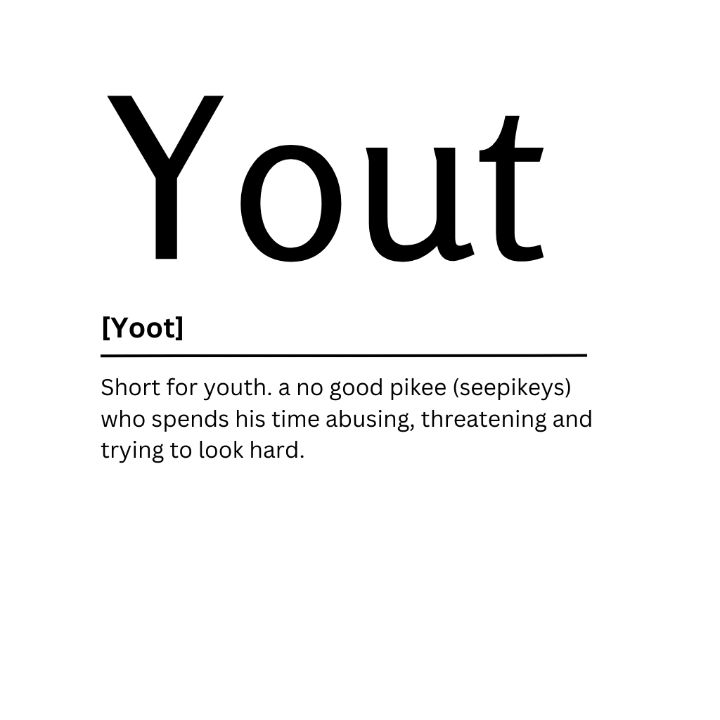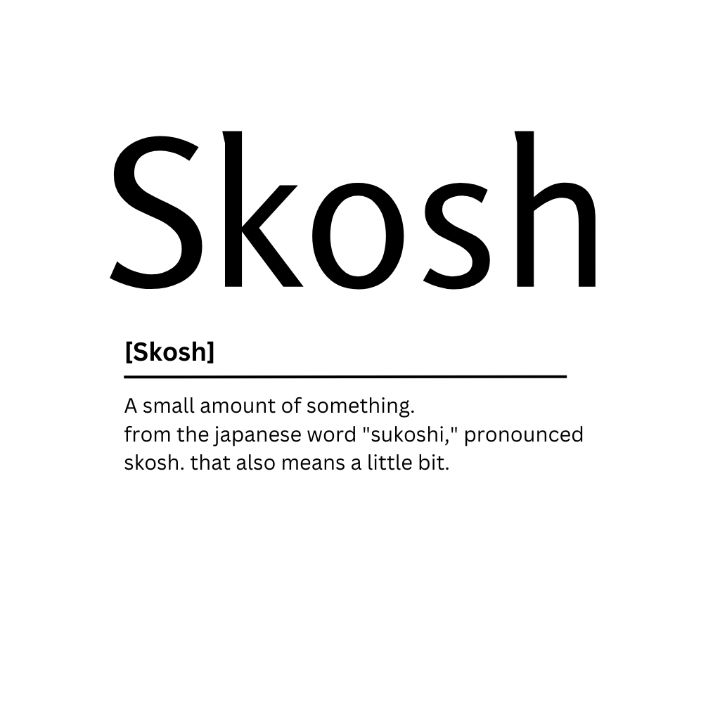How to pronounce pillow? To pronounce Pillow, say it like “pil-oh.” PIL-oh.
“Pil” and “oh. ” Now here’s how you properly pronounce “pillow. ” The word “pillow” is a common household item and it’s important to know how to pronounce it correctly, especially in professional and everyday conversations. The pronunciation of “pillow” differs across regions and accents, leading to variations such as “pellow” or “pell-oh.
” Understanding how to say “pillow” accurately can help improve communication and reduce misunderstandings. Additionally, with the increasing influence of various accents and dialects, it’s crucial to be aware of the different pronunciations of common words like “pillow. ” Mastering the correct pronunciation of “pillow” can enhance verbal communication and articulate speech for better clarity and understanding.
How to Pronounce Pillow?

The Importance Of Proper Pronunciation
Proper pronunciation is important in effective communication. Knowing how to pronounce words like “pillow” correctly can help avoid misunderstandings and ensure clear communication.
How to Pronounce Pillow
Why Pronunciation Matters
Proper pronunciation plays a crucial role in effective communication. When you pronounce words correctly, you are able to convey your thoughts and ideas clearly, ensuring that your message is understood by others. On the other hand, if you pronounce words incorrectly or struggle with certain sounds, it can lead to confusion and misinterpretation.
Impact On Communication
The way we pronounce words can greatly impact how we are perceived by others. When we pronounce words confidently and accurately, we come across as more knowledgeable and credible. Conversely, mispronouncing words can make us appear less educated or even undermine our expertise in a particular subject.
Pronunciation also plays a vital role in language comprehension. When we pronounce words clearly, we make it easier for others to understand what we’re saying. This is especially important in professional settings, such as business meetings or presentations, where clear communication is crucial for success.
- Clear pronunciation helps in building strong relationships with native speakers of a language.
- Proper pronunciation enables effective language learning and enhances language fluency.
- It prevents potential misunderstanding or confusion that may arise from mispronounced words.
Moreover, mastering the correct pronunciation of words allows us to better appreciate the nuances and subtleties of a language. It enhances our ability to understand native speakers, improves our language skills, and helps us to become more proficient communicators.
Understanding The Pronunciation Of Pillow
The pronunciation of “pillow” can vary depending on accents and dialects. Some people may pronounce it as “pellow,” which is a version of the pin/pen merger. In Canadian English, there is a vowel shift where “pillow” is pronounced as “pellow.
” On the other hand, Americans tend to pronounce it as “pill-oh. “
Pronunciation Differences Across Accents
Pronouncing the word “pillow” can vary across different English-speaking regions. In the United States, the standard pronunciation is ‘pill-oh’, while in the United Kingdom, it is often pronounced as ‘pee-low’. In Canadian English, you may hear ‘pellow’ due to the Canadian Vowel Shift. These differences highlight the impact of regional accents on pronunciation.
Common Mispronunciations And Phonetic Breakdown
While ‘pillow’ may seem straightforward, common mispronunciations include ‘pellow’ or ‘pil-low.’ The phonetic breakdown is ‘pil-oh’, with a short ‘i’ sound followed by the ‘l’ and ‘oh’ diphthong. Understanding the phonetic elements helps in achieving the correct pronunciation, leading to effective communication.
Remember, whether it’s ‘pill-oh’, ‘pee-low’, or ‘pellow’, embracing language diversity allows us to appreciate the richness of accents and pronunciations.
Mastering The Art Of Pronouncing Pillow
The art of mastering the pronunciation of the word “pillow” can be a fascinating journey. Understanding the correct pronunciation and practicing it will not only enhance your communication skills but also boost your confidence in speaking English fluently.
Tips For Correct Pronunciation
Mastering the pronunciation of “pillow” can be achieved through mindful diction. Here are some helpful tips to ensure your pronunciation is on point:
- Emphasize the “i” sound: Ensure the ‘i’ in “pillow” is pronounced as a short ‘i’ sound, like in the word “fill.”
- Accentuate the “ow” sound: Pay attention to the ‘ow’ sound, making sure it is pronounced clearly, similar to the word “low.”
- Listen and mimic: Regularly listen to native speakers pronouncing “pillow” and try to mimic their intonation and emphasis.
Practicing Pronunciation
Practicing the correct pronunciation of “pillow” is essential for mastery. Here are some effective techniques to help you improve your pronunciation:
- Repeat aloud: Regularly practice saying the word “pillow” aloud to reinforce correct pronunciation.
- Use it in sentences: Incorporate the word “pillow” into sentences and practice speaking them to enhance pronunciation in context.
- Record and evaluate: Record yourself speaking the word “pillow” and compare it with native speakers’ pronunciation to identify areas for improvement.
Resources For Improving Pronunciation
Utilize resources that offer audio examples and guidance to refine your pronunciation. Here are some valuable resources to aid in perfecting the pronunciation of “pillow”:
- Online dictionaries: Access online dictionaries such as Cambridge Dictionary to listen to the audio pronunciation of “pillow.”
- YouTube tutorials: Explore YouTube tutorials demonstrating the correct pronunciation of “pillow” by native speakers.
- Language learning apps: Utilize language learning apps offering pronunciation exercises to refine your diction.
Pillow Pronunciation Around The World

Pillows are an essential part of our everyday lives, offering comfort and support when we lay our heads to rest. But have you ever wondered how people from different parts of the world pronounce the word “pillow”? Let’s take a closer look at the diverse pronunciations of this common household item.
How Americans Pronounce Pillow
In American English, the word “pillow” is pronounced as “PIL-oh.” The ‘i’ is pronounced as a short sound, similar to the word “fill,” while the ‘o’ is pronounced with an open ‘oh’ sound. This pronunciation is widely used throughout the United States and is considered the standard pronunciation.
Canadian Vowel Shift And Pillow Pronunciation
In Canada, the pronunciation of “pillow” is influenced by a linguistic shift known as the Canadian Vowel Shift. As a result, Canadians may pronounce “pillow” as “PEL-low,” with a longer and more rounded ‘e’ sound. This shift also affects other words like “God,” “bagel,” and “sorry,” resulting in subtle differences in pronunciation between Canadians and Americans.
Australian Pronunciation Of Pillow
Across the vast continent of Australia, the pronunciation of “pillow” tends to follow the same pattern as the British English pronunciation. Australians typically pronounce it as “PIL-oh,” similar to the American pronunciation. However, there may be slight variations in intonation and regional accents, adding a distinct flavor to how the word is spoken down under.
Understanding the various pronunciations of “pillow” adds to our appreciation of linguistic diversity and cultural nuances. Whether you say “PIL-oh,” “PEL-low,” or something in between, a pillow remains a cozy companion for a good night’s sleep.
Interpreting Different Pronunciations
When it comes to pronouncing the word “pillow,” you may notice that there are various pronunciations across different regions and accents. Sociolinguistic factors, regional dialects, and accents all play a role in shaping how we articulate certain words. Let’s explore these factors further:
Sociolinguistic Factors
Sociolinguistic factors refer to the social and cultural influences that can impact language variations. Factors such as age, education, occupation, and social class can contribute to different pronunciations of words like “pillow.” For example, someone from an urban area may pronounce it differently compared to someone from a rural community. These variations in pronunciation add richness to language and reflect the diverse backgrounds and experiences of individuals.
Regional Dialects And Accents
Regional dialects and accents also play a significant role in shaping how we pronounce words like “pillow.” In the United States, for instance, there is a linguistic phenomenon known as the pin/pen merger, which affects the pronunciation of words with the short “i” sound, like “pillar” and “pencil.” Some individuals may merge the sounds, resulting in pronunciations similar to “pellow.” This merger is more prevalent in certain regions such as the Southern United States.
In Canada, the Canadian Vowel Shift has led to pronunciation variations in words like “pillow.” As part of this shift, certain vowel sounds are shifting towards different articulations. In some Canadian accents, “pillow” may be pronounced as “pellow” due to the vowel changes occurring in the Canadian Vowel Shift.
In Australia, regional accents and dialects can also influence the pronunciation of “pillow.” While the standard Australian pronunciation is closer to the British English pronunciation, regional differences may exist, resulting in variations in how the word is articulated.
It’s important to remember that these pronunciation variations are not incorrect but rather reflect the richness and diversity of language. Whether you say “pillow” or “pellow,” each pronunciation is a unique expression of your background and linguistic influences.

Conclusion
The pronunciation of the word “pillow” can vary depending on the accent and dialect. Some people may pronounce it as “pellow” in certain regions or due to linguistic shifts. However, the standard pronunciation is “pill-o. ” Remember, pronunciation can differ from person to person, and it’s always interesting to explore the different ways words are spoken around the world.

